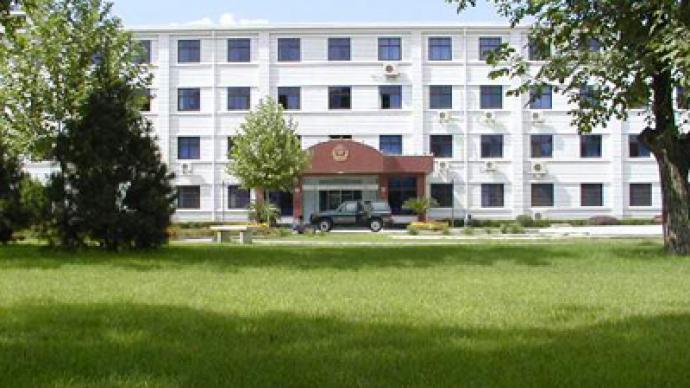China prisoners exploited in US-sponsored medical study?

A drug addiction treatment study, partially funded by the US, has fallen under sharp criticism for being conducted in Chinese drug treatment facilities with a history of human rights violations.
The research involved about 60 former heroin addicts at two treatment centers in Beijing. A group comprised of 11 scientists from Peking University and two from the US National Institute on Drug Abuse (NIDA) tested a new technique to reduce cravings in addicts triggered by the sight of objects that reminded them of drug use.After the results were first published in Science magazine in April, the human rights activist noticed that it was not clear from the study whether the patients indeed volunteered to take part in the research.According to Joseph Aron of Human Rights Watch, the treatment centers where the study had been conducted are really “prisons,” because the majority of their patients are arrested and forced into treatment in such institutions.The scent of controversy indeed surrounds the facilities. In 2010, China Daily discovered that hundreds of drug users were confined involuntarily without any effective therapies against addiction in Ankang Hospital, which is staffed with more policemen than psychologists. The New York Times’ investigation also showed that police confined addicts in these facilities and forced them into labor without any treatment.On Thursday, the authors of the research replied to Amon's accusations. In a letter published in Science, they say that there were “no indications” of any abuses during the research. Neither did any of the participants “reveal any examples of abuses they encountered” during confidential interviews, researchers said.The letter also noted that the study "received approval from the Human Investigation Committee of the Peking University Health Center." Some of the researchers, however, including the two from NIDA, did not sign the response. “Only authors on human experiments were on the letter,” lead authors told Reuters. ”The other authors only did rat experiments.” NIDA also confirmed that its employees were not engaged in experiments on humans.Though the bulk of the expenses for the research were covered by Peking University, the NIDA also paid its share. And according to US laws, federal funding for experiments on inmates should be approved by a board in which at least one of the volunteers is present.Although it is not clear whether the subjects should be addressed as patients or as inmates, Amon still believes they are prisoners and says the scientists’ reply does not fully address his concerns. He still claims the study subjects were detained without due process and had no opportunity to appeal their forced treatment.“They have not addressed the fact that individuals in the study were being held in arbitrary detention,” he wrote in another letter to Science. “The researchers can say that no abuses were occurring, but these centers are closed to independent human rights monitors and they apparently did not ask specific questions of abusive treatment. “














